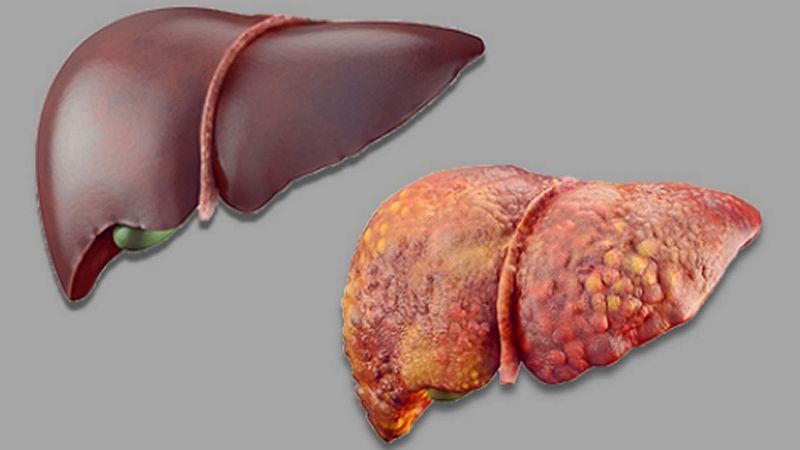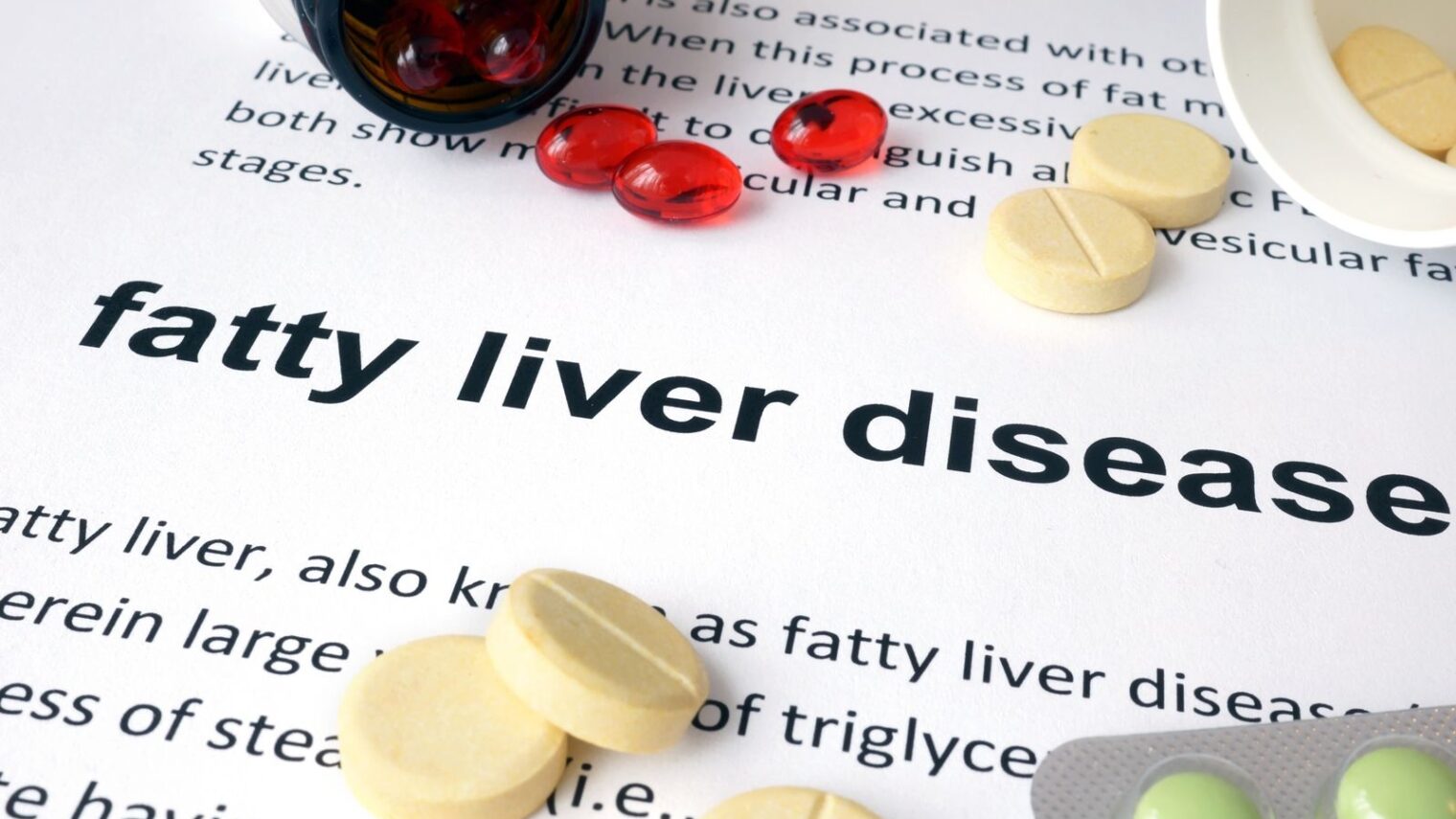Liver
Causes Of Liver Problem
Causes of Liver Problems
1. Introduction to Liver Problems

1.1. Definition of liver problems
Liver issues encompass a broad range of conditions or diseases that impair the liver’s functionality. It’s vital to recognize the root causes of liver ailments in order to effectively prevent and manage them. Numerous lifestyle habits play a role in inducing liver problems, such as habitual alcohol abuse, a diet poor in nutrients leading to obesity, and a physically inactive lifestyle devoid of adequate exercise. Infections triggered by viruses, such as Hepatitis strains B and C, the Epstein-Barr virus, and Cytomegalovirus may also inflict harm on the liver. Moreover, certain types of medications, inclusive of over-the-counter analgesics and doctor-prescribed drugs, as well as plant-based and dietary enhancers, can adversely affect liver wellness. By pinpointing and addressing these contributory factors, the probability of manifesting liver issues could be mitigated while concurrently enhancing holistic liver wellbeing.
1.2 Understanding the causes of liver problem
Understanding the root causes of liver-related issues is vital for their effective prevention and treatment. By pinpointing the factors that lead to such issues, individuals can make educated healthcare decisions and take pre-emptive actions to preserve a healthy liver. Factors such as regular over-consumption of alcohol, a diet lacking nutrition, excess weight, and lack of physical activity are found to significantly influence the onset of liver complications. Concurrently, viral strains such as Hepatitis B and C, Epstein-Barr, and cytomegalovirus are identified as triggers of liver complications. Further, pharmaceutical substances, whether they are over-the-counter painkillers, prescribed medicines, or herbal and dietary enhancements, can negatively impact the liver’s health. Hence, acknowledgement of the root causes of liver issues yields an inclusive strategy for their prevention and management, thereby nurturing overall liver wellness.
2. Lifestyle Factors Contributing to Liver Problems.
Lifestyle habits like excessive drinking, poor dietary choices leading to obesity, and underactive physical routine contribute to various liver complications. Overindulgence in alcohol can develop into Alcoholic Liver Disease, covering a spectrum from fatty liver disorders to severe hepatitis or cirrhosis. Dietary intake rich in unhealthy fats, sugary and manufactured foods can fuel an inflammatory response in the liver, progressing towards fatty liver disease. Obesity, a result of an unhealthy diet and inadequate activity, increases the chances of non-alcoholic fatty liver disease. Inactive lifestyle and negligible exercise contribute to weight gain and metabolic problems, further increasing the risk of liver complications. Addressing these lifestyle-related factors can help mitigate the risks and promote liver health.
2.1. Excessive alcohol consumption
Consuming large amounts of alcohol over time can be detrimental to one’s liver health. Frequent drinking can trigger an inflammation of the liver, medically termed as alcoholic hepatitis. This ailment can further develop into severe liver impairments like cirrhosis. Heavy alcohol intake also leads to an increased susceptibility to liver cancer. The liver’s key function is to break down alcohol, but when alcohol intake exceeds its capacity, it can lead to cell destruction and inflammation. Furthermore, it’s noteworthy that the extent of liver-related disorders isn’t determined solely by the quantity of alcohol consumed. Individual factors such as genetic makeup and general health conditions also play significant roles.
2.2. Unhealthy diet and obesity

Poor nutrition and excess weight play a significant role in the onset of liver issues. Consuming a diet rich in unhealthy fats, added sugars, and processed goods can result in fat accumulation in the liver – a health condition known as fatty liver disease. This condition could potentially escalate over time, evolving into more severe liver issues such as liver inflammation, liver fibrosis, and even liver cirrhosis. Being obese also increases the susceptibility of an individual to non-alcoholic fatty liver disease (NAFLD), which is strongly linked to a poor diet. Beyond directly affecting the liver, unhealthy nutrition and obesity can also lead to other contributing factors that can adversely affect the liver, such as insulin resistance, elevated cholesterol levels, and type 2 diabetes. Therefore, encouraging nutritious eating habits and keeping one’s weight in the healthy range is critical in preventing and managing all liver-related issues.
2.3. Sedentary lifestyle and lack of exercise
A lack of physical activity and a sedentary way of life significantly affect liver health. It is vital to include regular exercise in one’s lifestyle for maintaining liver functions. Engaging in routine physical activities enhances blood circulation and oxygen supply in the body, which directly benefits the effective functioning of the liver. Leading a sedentary lifestyle and neglecting regular exercise enhances the chances of liver ailments. This can be attributed to the fact that a lack of physical movements contributes to weight gain, and thereby, leading to liver conditions like fatty liver disease. Moreover, the shortage of regular physical workouts can lead to insulin resistance and inflammation, both of which are known contributors to liver disease. Hence, it is of paramount importance to incorporate regular physical activity into daily life not only for averting liver issues but also for retaining optimal liver health.
3. Viral Infections and Liver Problems

Viral infections are often implicated in the development of liver conditions. Notably, the Hepatitis B and C viruses are renowned for their ability to incite inflammation and damage within the liver. The typical transmission route for these infections involves exposure to contaminated blood or other body fluids. The Epstein-Barr virus can also impact the liver, causing infectious mononucleosis. Additionally, the cytomegalovirus can provoke liver issues, particularly in those with compromised immune systems. The significance of these viral infections should not be underestimated, particularly because of their potential to severely impact liver health.
3.1. Hepatitis B and C
Hepatitis B and C, two viral contaminations, significantly contribute to diseases of the liver. Hepatitis B is transmitted through exposure to infected bodily fluids such as blood or semen, while blood-to-blood infection is a common means of Hepatitis C spread. Each infection can result in liver inflammation and if neglected, can escalate to chronic liver illnesses, cirrhosis of the liver, or even liver carcinoma. Globally, chronic Hepatitis B is prevalent in over 240 million people while chronic Hepatitis C afflicts roughly 170 million. Immunizations against Hepatitis B are available, but not for Hepatitis C. To avert far-reaching repercussions linked with these viral infections, testing, accurate diagnosis and appropriately timed treatments are necessary.
4. Medications and Liver Problems

“Certain medications, including Nonsteroidal anti-inflammatory drugs (NSAIDs) like ibuprofen, diclofenac, and naproxen, potentially induce hepatitis… Other medications inducing liver damage include Statins, Antibiotics such as amoxicillin-clavulanate or erythromycin, arthritis drugs like methotrexate or azathioprine, steroids, and allopurinol… Acetaminophen or Tylenol®, can injure the liver seriously. It’s regular in handling drug-induced and herbal-induced liver injuries to promptly discontinue the medication and administer care targeted to alleviate discomforting symptoms…”
4.1. Over-the-counter pain relievers
Getting your pain relief from over-the-counter medications could lead to complications with your liver. Everyday pain medications like acetaminophen or nonsteroidal anti-inflammatory drugs (NSAIDs) can have detrimental effects if consumed excessively or over an extended duration. They can result in causing harm to the liver and even inviting cases of liver failure if the instructions of their use are disregarded. People currently living with liver disease or who have a consistent alcohol intake are more susceptible to such risks. Adherence to the exact dosage directives and taking precautions to not ingest multiple drugs that encompass acetaminophen is crucial. If you encounter signs such as yellowing skin or eyes, discomfort in the stomach, or darker than usual urine whilst on these painkillers it becomes imperative to contact a healthcare provider without delay.
4.2. Prescription medications and their impact
Drugs prescribed for medical purposes can drastically influence the health of the liver. Various medications, utilized for extended periods or in immense quantities, may result in liver injury or complications. There are medications that are infamous for their immediate harmful effect on the liver, while others may lead to liver damage but only as an infrequent adverse outcome. Liver complications due to prescribed drugs can fluctuate from gentle liver enzyme abnormalities to critical conditions such as drug-induced hepatitis or liver failure. It’s crucial to be vigilant regarding the potential dangers and side effects of all the medicines you consume. Also, consult with your medical professional if you harbor any worries about how these medicines could detrimentally affect your liver’s health. Further, adhering to proper dosage guidelines and not surpassing the suggested doses is vital to limit the threat of liver impairment.
The least mention above are some causes of liver problems and if been taken into consideration, issues concerning liver problem will be out of your entire life.
